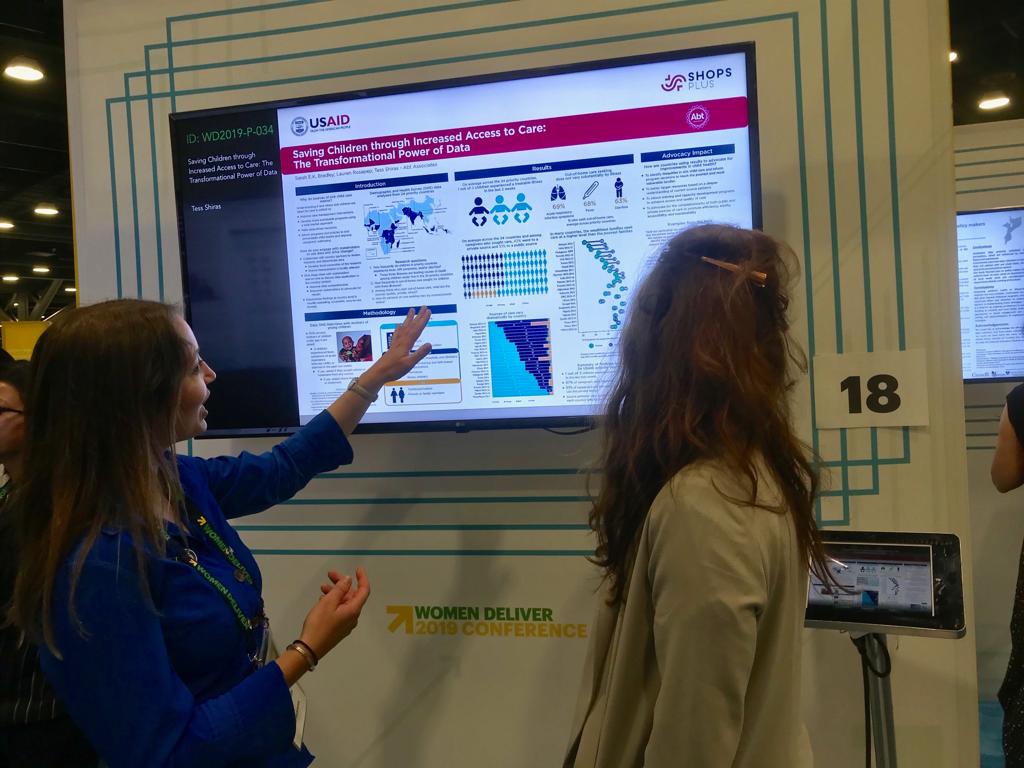
Resource Library
Saving Children through Increased Access to Care: The Transformational Power of Data
Despite a 40 percent reduction in child mortality since 2010, considerable progress remains to end preventable child deaths (IVAC, 2018). In 2016, 5.7 million children died before age five, largely due to preventable and treatable diseases including pneumonia, diarrhea, and malaria (IVAC, 2018; WHO, 2018). Further, vast socioeconomic disparities in child mortality persist: 65 of every 1,000 poorest versus 31 of every 1,000 wealthiest children die before age five (Chao et al., 2018).
Evidence on where caregivers seek treatment and which treatments are given to sick children is key to informing programs and policies to end preventable deaths and improve caregivers’ well-being, who are primarily women. We analyzed Demographic and Health Survey data from 24 of USAID’s maternal and child survival priority countries to examine care-seeking sources, variations by demographics like socioeconomic status, and differences in treatment by source.

Across countries, we found that both public (51 percent) and private (42 percent) sources are important. There are vast disparities in care-seeking levels between the poorest and wealthiest families as well as stark differences in source, with the poorest often more likely to use non-clinical sources. Overall, we found that each country tells a unique story. Thus, we engaged with USAID Missions to take a deeper dive and identify evidence-to-action points given each country’s context. For example, stakeholders in Myanmar examined differences in care seeking by socioeconomic status and considered how public sector resources might be better targeted towards the poorest and most vulnerable mothers. Policy changes such as this would help close care-seeking disparities and increase access to high-quality sick child care.
This poster presentation was given by SHOPS Plus Research, Monitoring, and Evaluation Specialist Tess Shiras at the Women Deliver conference on June 5 in Vancouver, Canada. Learn more about the research study.
Resource Type : Presentation
Country :
Year :
Language : English
Project : SHOPS Plus

